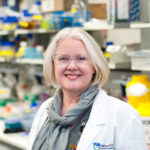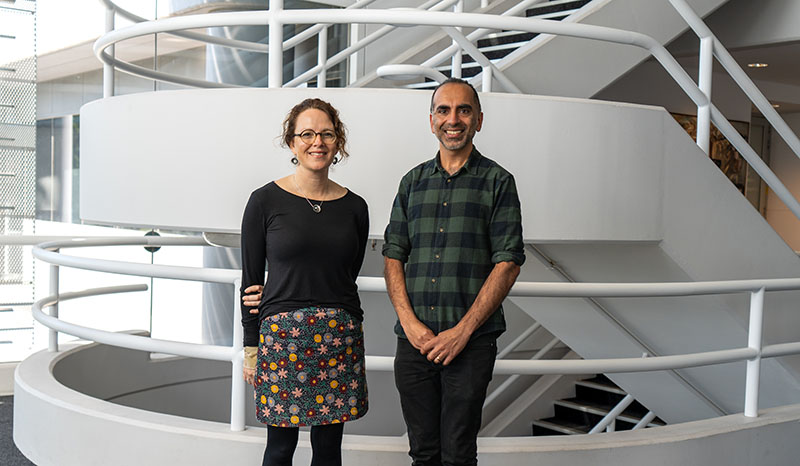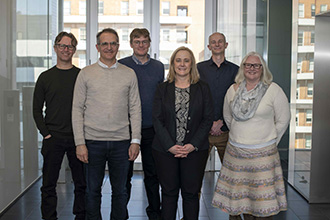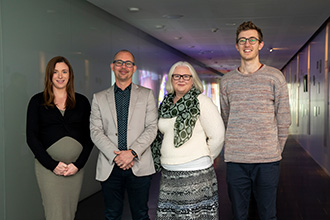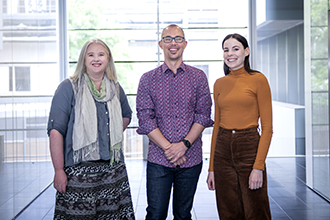Each of our bodies contain trillions of cells that work together to make up a human and each and every one of those cells needs to coordinate with its neighbours to know what to do and when. Many of these external cues are sensed by receptors that sit at the surface of cells and transmit information from the outside of the cell to the interior causing cell behaviour to change depending on the environmental changes in any given instant.
Our laboratory studies the structure and function of cellular sensors that direct blood cell development and immune responses. These sensors, also called receptors, receive physiological cues such as growth hormones, stress signals and signs of infection, and translate them into biochemical reactions that drive cellular responses.
We are interested in understanding:
– how these receptors do their work as biochemical translators of information
– what happens when they don’t function correctly, for example cancer, immunodeficiency and other blood diseases; and
– how we can use this knowledge to build better custom sensors for adoptive cell therapies such as chimeric antigen receptor (CAR) T-cell immunotherapy.



